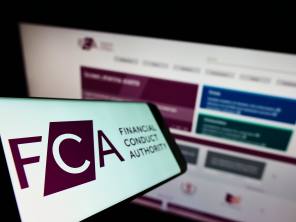Financial Ombudsman Service decisions against advisers are small, compared with the vast numbers of claims against banks over issues such as payment protection insurance mis-selling.
However, these few decisions against advisers have stuck out in recent months because of the long timescales involved.
In one case, Lloyds has had to cough up cash after a claims management company (CMC) chased it for compensation for advice given back in 1999.
Another decision against an adviser was for pension transfer advice given by BBT Financial Services (not connected to the Wakefield-based BBT Group), carried out back in 1995.
This was before widespread automation, digital fact-finds, in-depth suitability questionnaires and digitised audit trails.
Comments under these articles posted by readers of Financial Adviser have expressed once again concerns over the lack of a time limit to the period of liability - the so-called 'long-stop'.
But some comments have also expressed sympathy for small firms which 'phoenix' in order to start up again, somewhere else, in a last-ditch bid to protect themselves against any unforeseen ambulance chasing that might be waiting many years down the road.

Deliberately winding up a company to clear past liability which then falls on others is another matter altogether.
Keith RichardsIt is important to be clear on this point: the commentators have not been exonerating fraudulent firms and dodgy directors who simply shut down and open up again under a different name because they know they've done wrong and have debtors and liabilities galore. Towards such phoenixers, only anger has been directed.
The sympathy has been given to those small firms who have always done everything by the regulatory book, but are afraid that, with the ever-changing regulation comes ever-opportunistic CMCs looking for any excuse to press a claim against an adviser, a claim that could end up with a hefty Fos fine and cause a firm to struggle.
The PI conundrum
Shutting up shop to start again elsewhere could initially give the new firm a 'clean slate' when it comes to getting PI insurance - perhaps even lower premiums as there are no legacy cases on the books.
Garry Heath, director general of advisory trade body Libertatem, says: "There are problems with the way Fos seems to be granting things like the Fairy Godmother.
"The fact Fos can demand individuals pay up - even much longer than 15 years - is causing major problems in the professional indemnity (PI) market."
Mr Heath explains that because PI insurers are not giving full cover or they are raising premiums as they do not trust what is going on, it is understandable why some firms think their only resort is to close down and start again.











